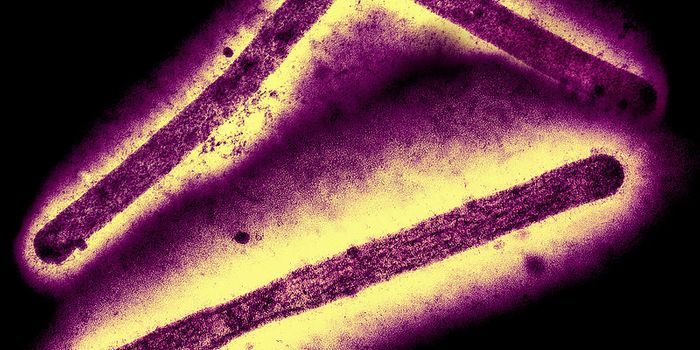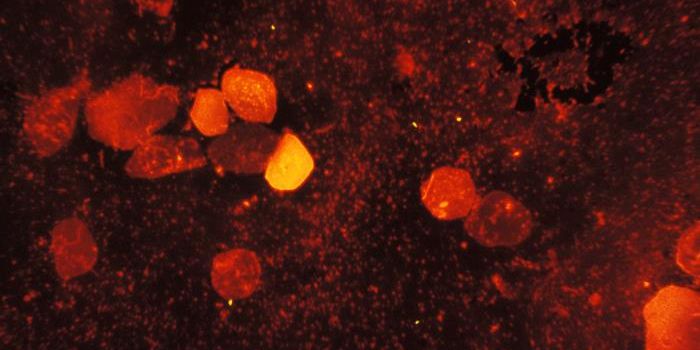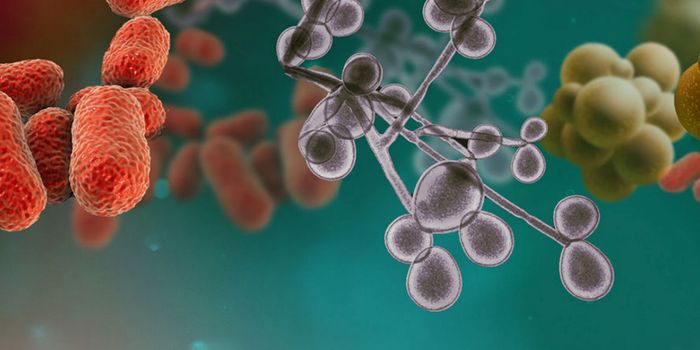Some Insects Can Fight Off Parasites with Genes From a Virus
The microbes of the world are constantly in competition, and are said to be locked in an evolutionary arms race. Their battles often involve host species as well. One example is the relationship between lepidoptera (an insect group that includes moths and butterflies), and the viruses and parasitic wasps that infect them. Genes can be swapped among these organisms to create a dynamic of adaptation and counteradaption.
Researchers have now gained some insight into this relationship. Reporting in Science, they determined that a virus that infects the lepidopterans can help protect them from parasitic wasps that try to use the lepidopterans as a place to deposit and grow their eggs, a nasty situation for the lepitopterans. Parasitic wasps already have mechanisms to help them overcome the defenses of the lepidoptera insects. But the entomopathogenic virus seems to inhibit the development of the wasp larvae. To do so, the virus uses a gene called parasitoid killing factor (pkf), which is sometimes incorporated into the host lepidoptera genome.
"We identified insect-specific viruses that encode proteins that inhibit the development of competing parasites," said study co-author Dr. Martin Erlandson Ph.D., an adjunct professor at the University of Saskatchewan.
The researchers also found similar genes in caterpillars. This could indicate that there were several horizontal gene transfers in which the genetic instructions for a toxic protein were shared among viruses and their caterpillar host. The gene can help viruses outcompete a parasite, and sometimes, the insect will add that gene to their own genome.
"Large populations of insects can be the targets of multiple parasites and pathogens resulting in a biological arms race where parasite and pathogen compete for the same host as well as the host evolving defenses against these agents," Erlandson explained.
The pkf genes discovered in this study appear to be a novel gene family. Learning more about them might help scientists develop more environmentally-friendly pest control techniques by using the relationship between viruses and parasites, suggested Erlandson.
The scientists also determined that when an agriculturally destructive insect called the northern armyworm was infected with entomopoxvirus, the larva of a parasitic wasp that uses the insects would die.
Sources: Phys.org via University of Saskatchewan, Science









